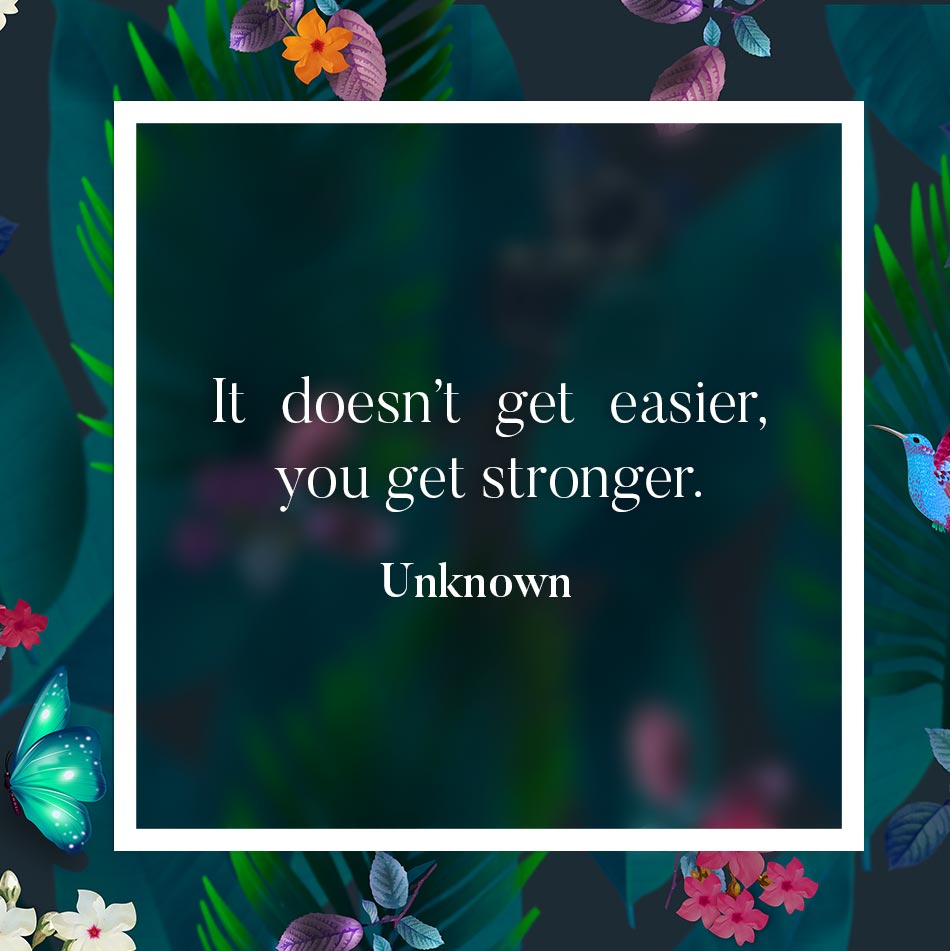I recently underwent an audit to validate that I am a majority shareholder with over 51% of my company. I am in fact very proud to still hold 75% of my shares and to still be at the helm of the company I founded over 18 years ago.
Undergoing this exercise after so many years has raised many questions—and especially many insights—around what it means to be a woman and mother in business and the specific challenges that come with this reality. To pretend that the opportunities are equal to a man’s or that business management is approached in the same way as a man is, in my opinion, false. I’ll explain my thoughts on the subject in this article.
Women Owned certification
Yay! I got my Women Owned certification last month! It was a long and rigorous process, for which the number of documents required was greater than that for other company certifications, but why?
I had already heard about a program meant to facilitate access to contracts from large clients (government, large multinational corporations, etc.). But to access this network, you had to pay annual fees–a cost simply to prove that a woman owns her business in order to give her access to a potential market.
About ten years ago, I didn’t think the investment was worth it. The ROI seemed questionable, and I was afraid I wouldn’t be able to compete for contracts conditions of other players in my industry.
So, what is this certification exactly? It is a verified and audited confirmation that the company is majority owned by a woman, and that a woman is the primary decision-maker in the organization.
Certified businesses then have access to a network of large private and public companies with Diversity Sourcing Policies in place. The United States even encourages this initiative by administering tax credits for achieving certain annual targets. So, you see why independent certifying bodies are vital in ensuring the integrity of the process.
All of these measures are aimed at creating a more inclusive and equitable economy by giving all players a chance–not just the same companies that always gravitate around these lucrative and established markets.

Whole-hearted acceptance
In short, I decided to accept my differences—to own the fact that my company is directed and owned by a woman. 18 years ago, I would never have had this level of confidence, especially since I felt the need to partner with others to enhance my credibility.
It is difficult to convince yourself that you have the legitimacy to succeed when you know absolutely nothing about business, let alone food processing! But I learned, on the job (and sometimes way out in left field 😊), and I survived my ignorance and my many blunders despite the many hits, especially without going bankrupt!
What I hope to do with this new certification, whose annual cost is added to so many others (Eccocert, Whole Grains, Gluten Free, Aliments du Québec, Kosher, Non-GMO Project, etc.), is to participate in an overall social awareness movement; it is completely different to be a woman at the head of a business (as it is to be a visible minority, let alone a female visible minority)!

Ambitions are certainly not expressed in the same way, but the female mental load is also rarely taken into account. You might say that it is my problem for wanting children–and what a privilege it is; I am so blessed to have them. However, no one would say that to a man, who doesn’t have to make the same professional compromises.
For events that deserve our investment and attendance–like travelling outside the office, taking business trips, going to conferences and trade shows–a woman entrepreneur will more easily pass in order to be more present with her young family. And the truth is that most men are not prepared to take on the family load, as women have always done, to allow their wives to flourish in business. Women must therefore bend over backwards to reconcile their own ambitions in a way that a man never would.
In conclusion, only time will tell whether this certification process will be socially and financially beneficial for the company. But one thing is certain: despite the incredible difficulties associated with giving birth to a company and then to three children (each two years apart), and balancing it all, the return on investment in personal satisfaction is assured, and even–I would say–guaranteed!


